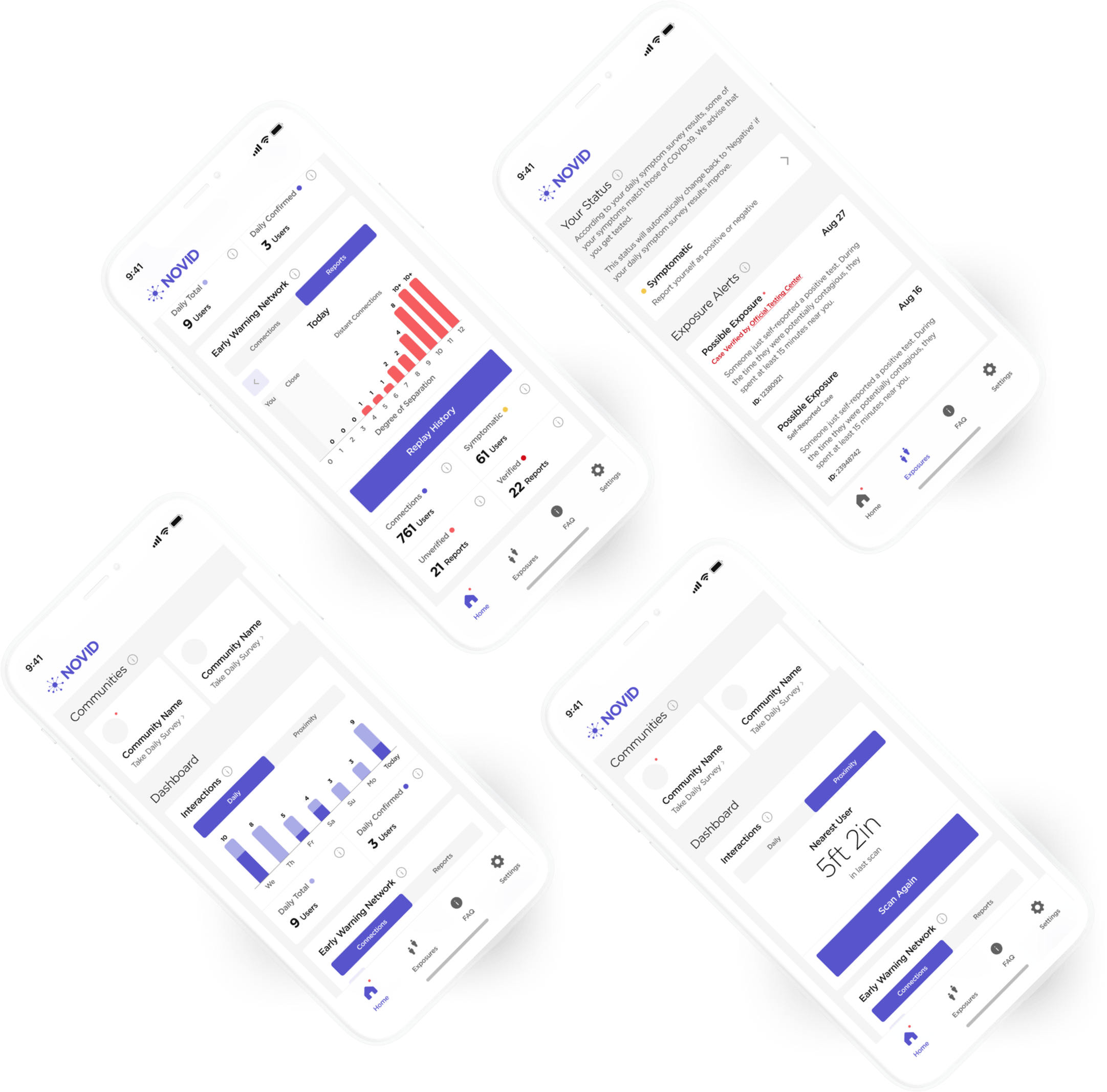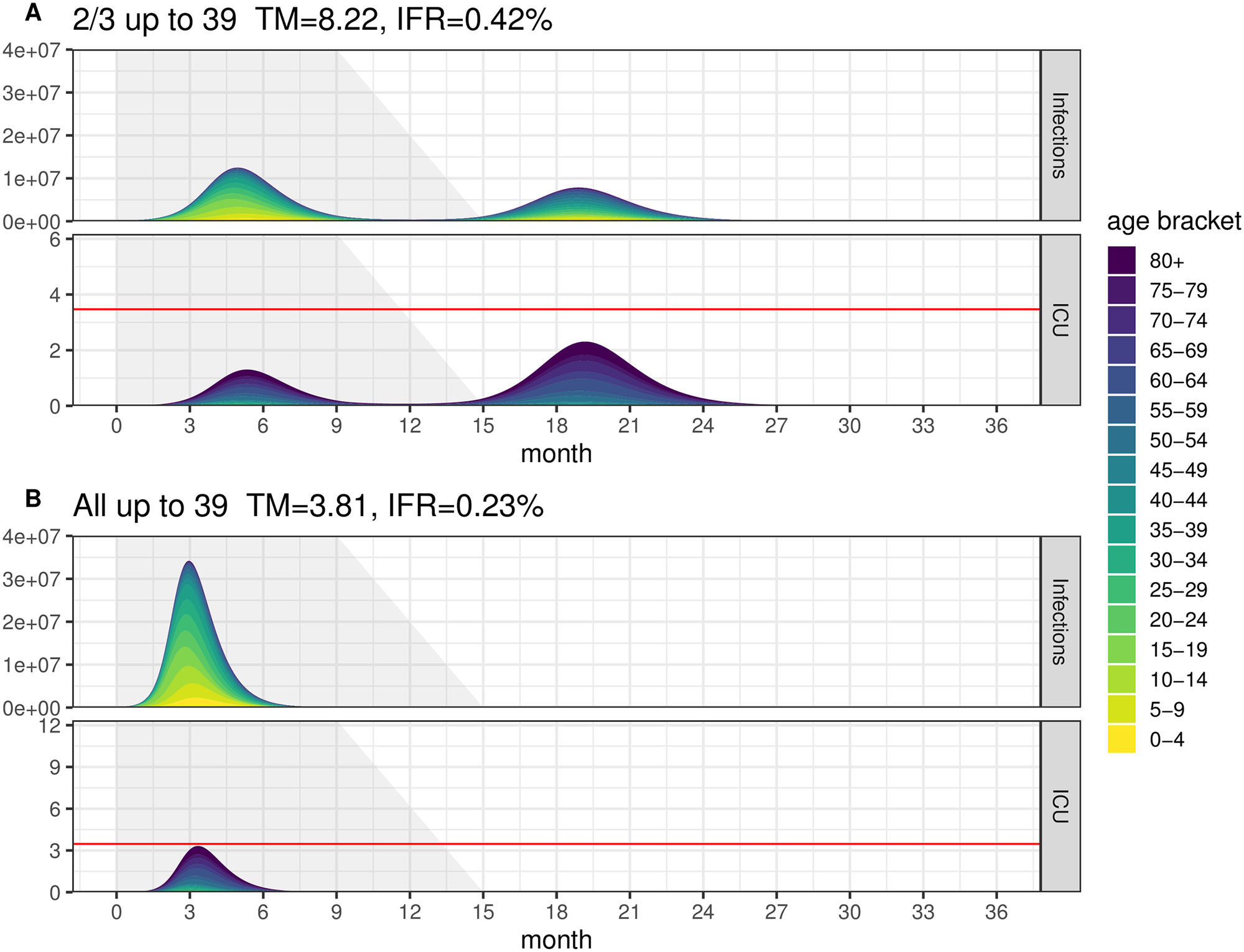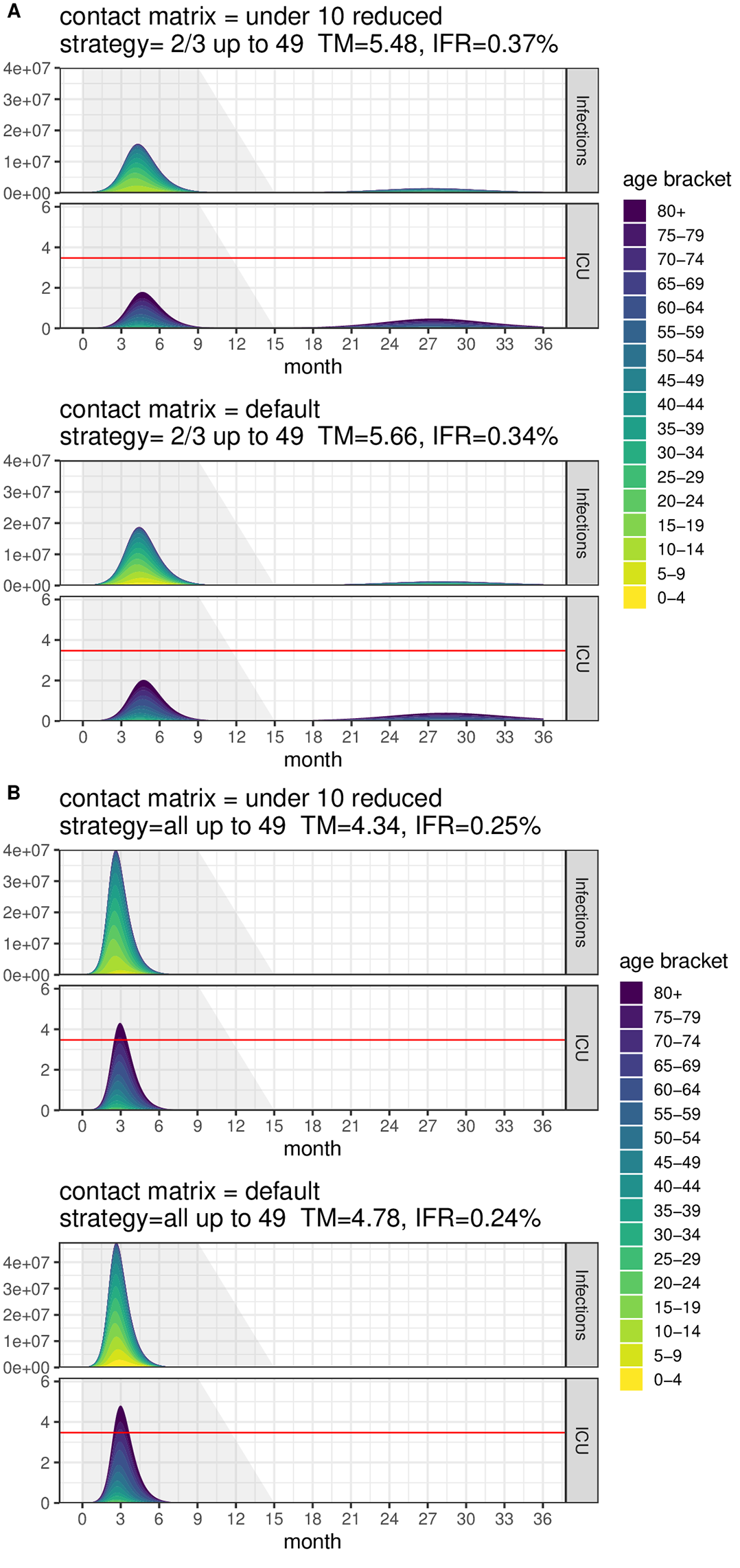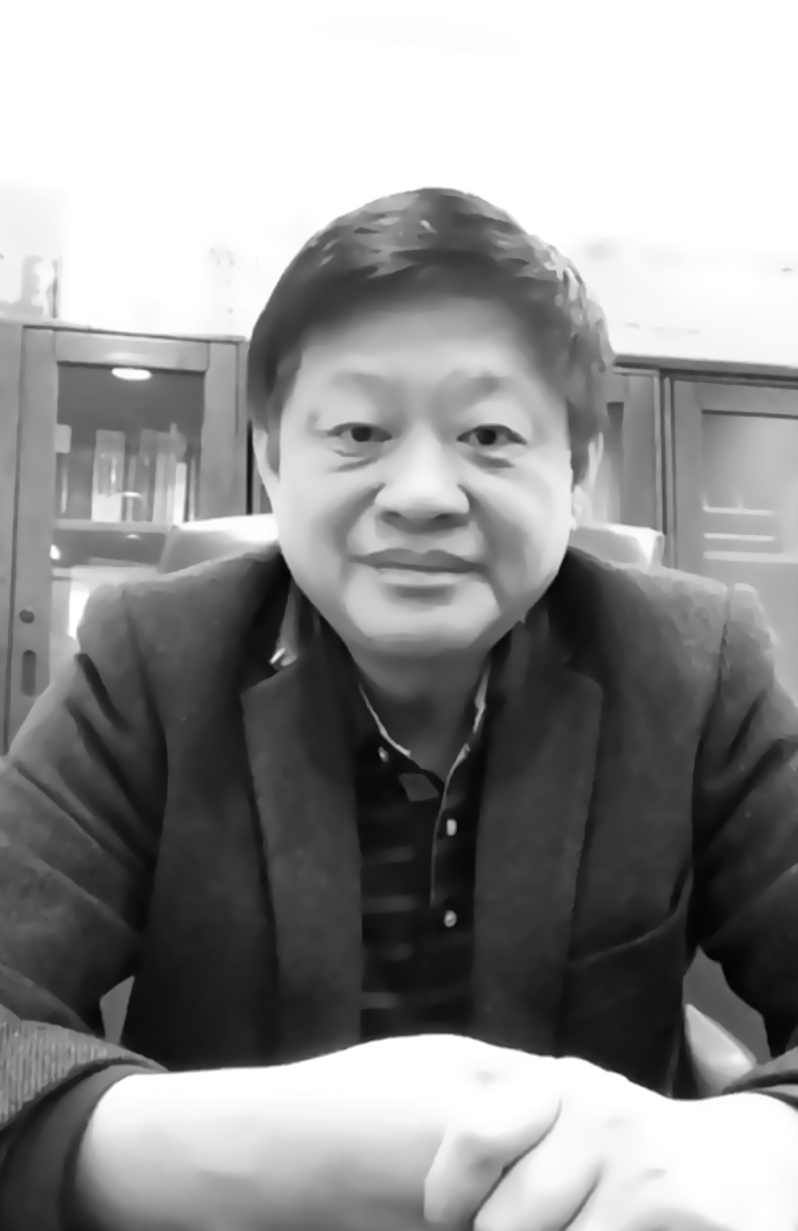

Po-Shen Loh develops app NOVID to track coronavirus within your user network
As the world continues to focus on slowing the spread of COVID-19 and determining how to safely resume everyday life, a team of designers, mathematicians, computer scientists and physicists, led by Mathematical Sciences Professor Po-Shen Loh, developed NOVID — an innovative new app designed to help track the spread of COVID-19.
NOVID presents a new paradigm in exposure notification: it gives users a heads-up when someone in their user network, with up to 12 degrees of separation, has tested positive for the coronavirus.
“I had an idea of how to help the world return to normalcy,” said Loh. “And the Carnegie Mellon and broader Pittsburgh community had everything I needed to start making that idea into reality.”
Using social media and crowdsourcing, Loh brought together a team, including many CMU students and alumni working in mathematics, human-computer interaction, app development and information security — all areas where CMU excels — to develop the free app. Unlike many COVID-19 apps in development or in use, NOVID is completely anonymous. The notification system doesn’t ask for personal information. Instead, each user is assigned a random number, which is used when their phone senses and communicates with other smartphones. The app also doesn’t store GPS locations.
A walkthrough of the NOVID app.
NOVID allows people to anonymously self-report if they have tested positive for COVID-19. The app periodically senses if one user comes close to another and anonymously records the distance between users. It later notifies a user if they have come in contact with a person who just reported that they tested positive or a person who has been in contact with someone who reported that they tested positive.

“I had an idea of how to help the world return to normalcy.”
Another way NOVID is different from many other apps is that it doesn’t rely solely on Bluetooth to measure distances between smartphones. Instead, NOVID augments Bluetooth with ultrasound — soundwaves with frequencies just outside the range of human hearing, which modern mobile phones can emit and record. By accurately measuring the time sound takes to travel, ultrasound can more accurately measure the distance between devices.
It is widely known that Bluetooth is unable to accurately calculate distances and can incorrectly register interactions between people in different rooms when signals pass through walls or ceilings. Ultrasonic signals improve accuracy because they can also be detected through bags and pockets and can go around obstacles by reflecting off ceilings without significantly affecting distance measurement.
Since launching, the app has been featured in Wired, Forbes, Fast Company and the New Yorker. NOVID’s user-friendly interface allows users to follow their social interactions and see how well they are playing their part to stop the spread.
With its early warning network, you can see how many users in your network you’ve met through direct and distant contact and receive a notification if any user you’ve been in contact with has self-reported a positive COVID-19 diagnosis. NOVID has also shown it avoids false exposure alerts with 99.6% accuracy — to date, NOVID is the only COVID-19 app in the world that displays the estimated distance from other devices.
■ Emily Payne
Mathematical Sciences Professor Publishes COVID-19 Modeling
Research from Carnegie Mellon University and the University of Pittsburgh published in the journal PLOS One modeled how age-targeted strategies to mitigate the transmission of COVID-19 could lead to better final outcomes in mortality and hospitalization from the novel coronavirus.
“COVID-19 has a striking age-dependent mortality rate,” said Maria Chikina, an assistant professor at the University of Pittsburgh Medical School. “An infected 75-year-old is 1,000 times more likely to die than an infected 15-year-old, and an infected 55-year-old is 20 times more likely to die than an infected 25-year-old.”
Chikina co-authored this study with Associate Professor of Mathematical Sciences Wesley Pegden to dig into this “unusual characteristic” of the disease. Using a standard “Susceptible, Infected, Removed” epidemiological model, the pair sought to model the dynamics of how often people in various age groups have contact with each other, how that contact affects the transmission of COVID-19 and how adjusting those contacts would affect the impact of the pandemic.
The researchers concluded that heterogenous strategies focusing on reducing transmission of COVID-19 to and among the highest-risk age groups are most effective at reducing mortality and intensive care unit usage. These strategies were more effective compared to homogeneous strategies targeting all age groups equally, in situations where population immunity plays a role in controlling the epidemic. In particular, their modeling shows that age-targeted mitigations can allow immunity to contribute to epidemic control even while significantly reducing the burden of infection among at-risk groups.
■ Ben Panko


Charts: Infection and ICU usage rates under various modeled scenarios for age-targeted COVID-19 mitigation
Zheng Family
Postdoctoral Fellowship
The postdoctoral program in the Department of Mathematical Sciences offers fertile ground for budding researchers to flex their scholarly muscles. We are excited to announce a new endowed position to our growing department: the Zheng Family Postdoctoral Fellowship.
The Zheng Family Postdoctoral Fellowship is a generous gift made by Fang Zheng, a longtime admirer of mathematics and a parent of a Carnegie Mellon mathematics student. Zheng is the managing director and chief investment officer of Keywise Capital, an asset management company based in Hong Kong. He regularly hosts Carnegie Mellon faculty, alumni and events in Hong Kong. An engineer by training, Zheng understands the need for strong mathematics research and its applicability to all aspects of human life. Without a solid mathematical foundation, many of society’s innovations would not be possible.
Providing such a strong foundation requires extensive preparation and experience. An important element of curating mathematics excellence is through robust postdoctoral training. Once a scholar has completed their dissertation, a postdoctoral position affords them the space and time to invest in their research and gain valuable experience teaching and collaborating with a large network of colleagues. The Zheng Family Postdoctoral Fellowship adds prestige to the department by joining the Zeev Nehari Visiting Assistant Professor position. Together, these named positions offered by the Department of Mathematical Sciences add stature and a competitive edge to the department.
The department offers several avenues for postdoctoral recruitment and training. These opportunities range from funding through individual faculty members’ grants, positions supported by income from the Masters of Science in Computational Finance program, general postdoctoral positions funded by the department itself and postdocs affiliated with the Center for Nonlinear Analysis (CNA). The CNA has a long history of garnering research funding that supports postdocs, who bring new expertise, perspectives and energy to the department. As new researchers to the field, our postdocs regularly engage in interdisciplinary and multidisciplinary projects at Carnegie Mellon and with other institutions. This strengthens the reputation of the department nationally and internationally and is conducive to building relationships across institutions, which is necessary to continue working on important and applicable research.
William Chan is the first recipient of this fellowship. Graduating with a Ph.D. in mathematics from the California Institute of Technology in 2017, Chan accepted a National Science Foundation Postdoctoral Fellowship and Research Assistant Professor position at the University of North Texas from 2017-2020. His research, while far-reaching, is centered in descriptive set theory. Topics of interest range from continuity and partition properties at small uncountable cardinals to analysis of Borel equivalence relations. Throughout his research, you can find traces of the application of determinacy in the context of games.
The Fang Zheng Family Postdoctoral Fellowship will deepen the impact of our postdoctoral program for many years to come.
■ Colleen Storm

William Chan, Zheng Family Postdoctoral Fellowship recipient

Fang Zheng, Managing Director & Chief Investment Officer, Keywise Capital
